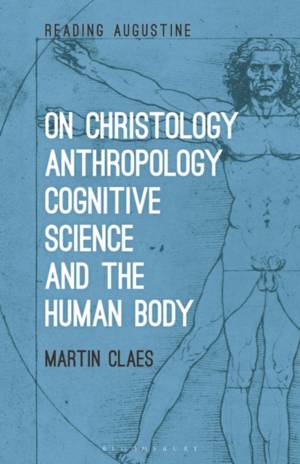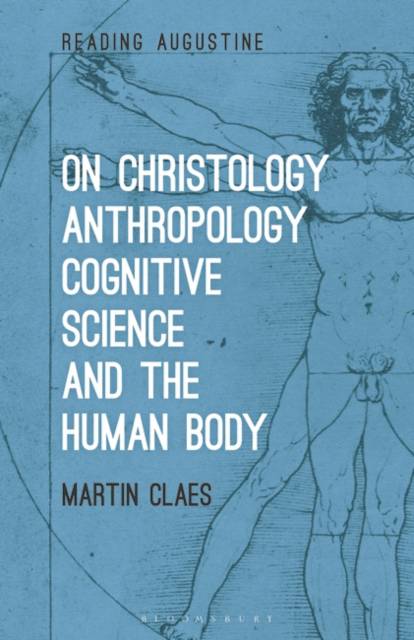
Je cadeautjes zeker op tijd in huis hebben voor de feestdagen? Kom langs in onze winkels en vind het perfecte geschenk!
- Afhalen na 1 uur in een winkel met voorraad
- Gratis thuislevering in België vanaf € 30
- Ruim aanbod met 7 miljoen producten
Je cadeautjes zeker op tijd in huis hebben voor de feestdagen? Kom langs in onze winkels en vind het perfecte geschenk!
- Afhalen na 1 uur in een winkel met voorraad
- Gratis thuislevering in België vanaf € 30
- Ruim aanbod met 7 miljoen producten
Zoeken
On Christology, Anthropology, Cognitive Science and the Human Body
Martin Claes
€ 186,95
+ 373 punten
Uitvoering
Omschrijving
This book reads texts of Augustine on the topic of the human body in the context of contemporary debates in philosophical theology and relevant authors from the cognitive science of religion. Martin Claes focuses particularly on Augustine's special position in the intellectual discourses of Western philosophy (free will, theodicy), theology (grace, incarnation) and humanities (anthropology, political sciences, law), arguing that his written work is an excellent point of departure for a multidimensional scholarly approach.
The reading in this book shows that a different picture emerges if we make the effort to situate Augustine's mature anthropology within contemporary debates in philosophical theology and cognitive science of religion. Omnipotence, vulnerability, suffering but also purification and perfection are discussed in dialogue between patristic and philosophical theology; the human offers the clue to concepts of unity in diversity in Christ.
The reading in this book shows that a different picture emerges if we make the effort to situate Augustine's mature anthropology within contemporary debates in philosophical theology and cognitive science of religion. Omnipotence, vulnerability, suffering but also purification and perfection are discussed in dialogue between patristic and philosophical theology; the human offers the clue to concepts of unity in diversity in Christ.
Specificaties
Betrokkenen
- Auteur(s):
- Uitgeverij:
Inhoud
- Aantal bladzijden:
- 152
- Taal:
- Engels
- Reeks:
Eigenschappen
- Productcode (EAN):
- 9781350296091
- Verschijningsdatum:
- 7/04/2022
- Uitvoering:
- Hardcover
- Formaat:
- Genaaid
- Afmetingen:
- 140 mm x 216 mm
- Gewicht:
- 317 g

Alleen bij Standaard Boekhandel
+ 373 punten op je klantenkaart van Standaard Boekhandel
Beoordelingen
We publiceren alleen reviews die voldoen aan de voorwaarden voor reviews. Bekijk onze voorwaarden voor reviews.









